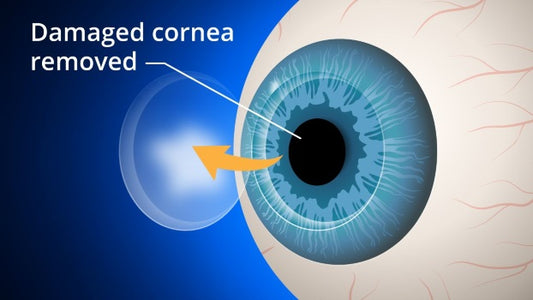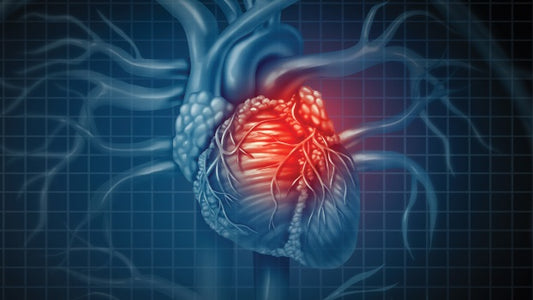featured Coronary angioplasty and stent insertion
On by ZimSeller Pharmacy 0 comments
Corns and calluses
On by ZimSeller Pharmacy 0 comments
Cornea transplant
On by ZimSeller Pharmacy 0 comments
Contact dermatitis
On by ZimSeller Pharmacy 0 comments
Consent to treatment
On by ZimSeller Pharmacy 0 comments
Congenital hip dislocation
On by ZimSeller Pharmacy 0 comments
Congenital heart disease
On by ZimSeller Pharmacy 0 comments





















